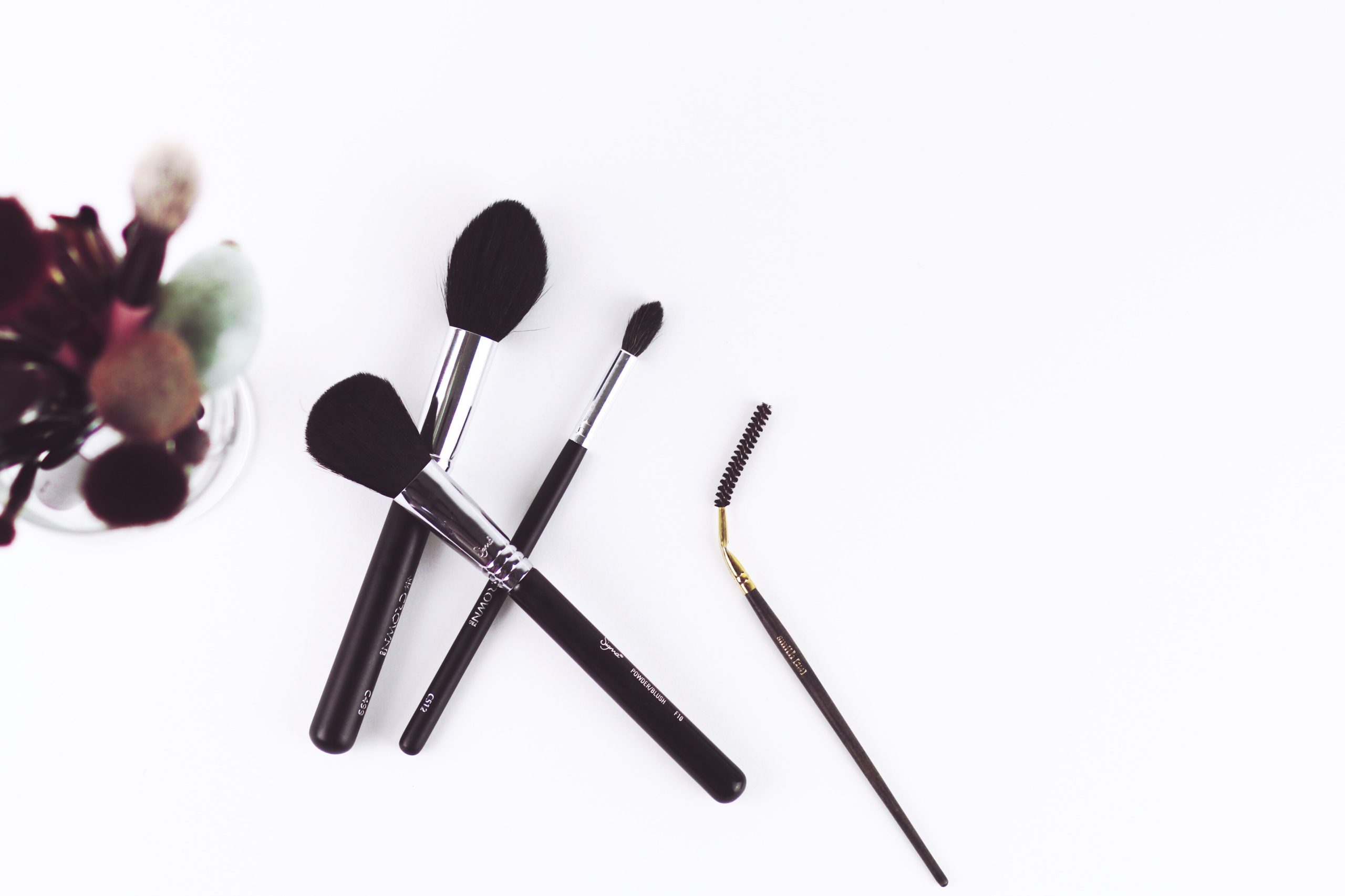The things that go bump in the night are enough to keep anyone awake, but when you can’t get to sleep at all, night after night, you may have insomnia. Not being able to sleep is one of the worst situations a person can suffer. To help you fix the problem, read the article below.
Many folks like to be night owls on holidays and weekends. But when your sleep schedule is not uniform, insomnia can result. Try to get to sleep at similar times to prevent insomnia. This will help you build a solid habit out of it.
Set your alarm so that you get up an hour earlier. You may be more tired in the morning, but you should stay up through the day so you’ll be tired at bedtime. Getting up earlier allows you to be ready to go to sleep earlier.
If you’re experiencing insomnia for over 30 minutes, get up. Staying in bed may worsen the situation. Rather, do something that’s quiet, relaxing, and offers little stimulation. When you start feeling tired again, try going back to bed and see what happens. You may need to do this multiple times in a night.
If insomnia is an issue, computer time and video games should be avoided prior to bed as these will stimulate the mind into action. You will not achieve a relaxed state of sleeping if you continue to engage in these activities.
Imagine something peaceful in your mind. It’s easy to bring life’s stresses and troubles to bed with you. This is often the cause of insomnia. So instead of thinking about those things, put your mind on something very relaxing. Perhaps think about your favorite vacation spot or a forest near your home.
Women are more prone to insomnia than men, and menopause could be one of the reasons why. Fluctuating hormones and hot flashes can keep a menopausal woman awake at night. If this is the case, talk to your doctor, and see if hormone replacement therapy might help you sleep better.
A little experimentation with your regular wake-up time may help you deal with problems getting to sleep in the evenings. Try waking up about 30 minutes earlier than normal and see if it helps you fall asleep in the evenings. Once you have become accustomed to your new bedtime, you can probably get a little more sleep in the morning.
Read about the side effects and dangers of sleeping medications before deciding to take them. Always make sure you speak with a doctor before taking a sleep medication for an extended period of time. Read up on the possible dangers, as well.
Stop looking at the clock. You might need your alarm clock to wake you up in the morning, but if you keep looking at it, it will cause you stress. You’ll think about how long until you have to get up, and you’ll worry that you are not sleeping. Instead, just put the clock face down or turn it around.
If you struggle to sleep, try a high carbohydrate snack before bed. The reason to do this is because the snack will raise your blood sugar quickly, but the quick fall thereafter should help you relax into sleep.
If you are struggling with insomnia, try to get up at the same time every morning. Sleeping in on the weekends can be tempting, but doing so can disrupt your normal sleep cycle. Getting up at the same time in the morning helps your body learn to wake up at a consistent hour.
Create a bedtime routine and stick with it. Read a book, meditate or just enjoy a nightly snack. The more you work to train your body that it is bedtime, the easier it will adjust when it is time for sleep. It will take some time, but if you stick with it, it will work.
It has been shown that getting massages helps stimulate sleep, so ask someone for a rubdown when it is near your bedtime. Play soft music while getting this massage to further relax your brain. For extra effect, have you feet rubbed during this massage. There are acupressure points there that will stimulate sleep.
Minimize your caffeine intake. If possible, you should eliminate caffeine completely if you have difficulty sleeping, but that is easier said than done. If you must have your coffee in the morning, make sure your last cup is no later than 6 hours before you go to bed. Stick to caffeine free beverages in the evening.
Turn off your nightlight and remove the alarm clock from your nightstand. Studies have shown that a bright light in your bedroom can negatively impact your sleep patterns. If you have to have an alarm clock in your bedroom, place a book or a small towel to cover the digits and minimize the light.
Limit your time sleeping to just five hours. Using this technique, if your bedtime is 10pm, you should rise again at 3am. Avoid any napping in the day. Eventually your body will learn that ten PM is when you should be going to sleep. After this, you will be able to stretch your nightly sleeps to seven or eight hours.
These tips will help you start sawing logs once again. You’ll be able to have a better, deeper sleep, night after night. Instead of laying awake, you’ll be able to wake up refreshed in the morning, ready to face the day with energy and excitement. Use these tips and enjoy your better sleep.




